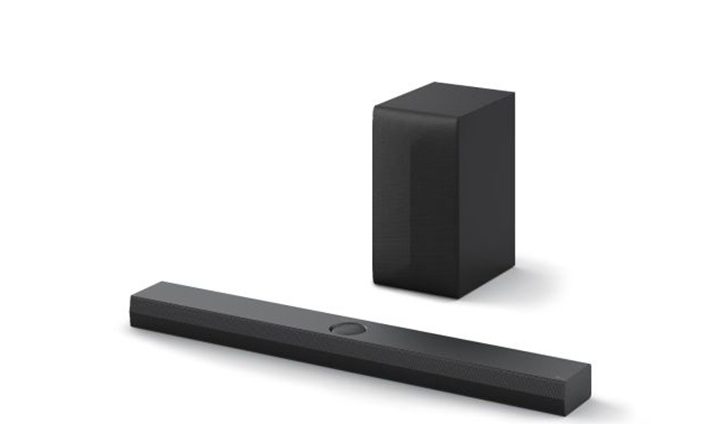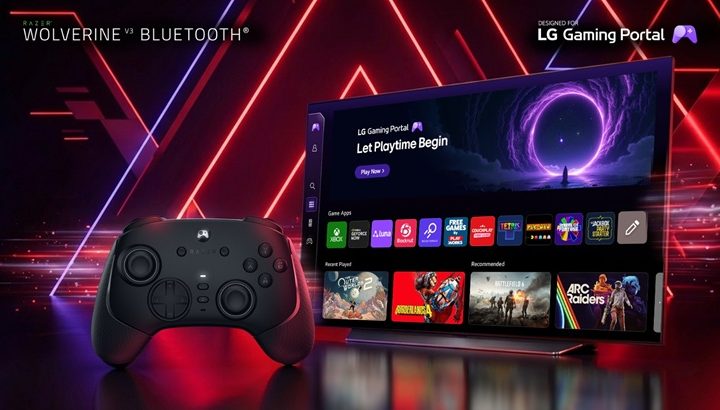Recent research reveals a promising trajectory for Kenya’s household appliances market, projecting an impressive growth rate of 5.60% over the next five years. This anticipated surge is being driven by several converging factors, notably increased exposure to modern technologies, a steady rise in disposable income, and a shift in consumer preferences toward modernization and convenience.
Indeed, as the Kenyan middle class expands and urbanization accelerates, more households are opting for modern appliances that enhance their quality of life. Devices such as smart TVs, refrigerators, washing machines, microwaves, cookers, and even robotic vacuum cleaners are no longer seen as luxuries and are becoming necessities for a growing number of families. These appliances are increasingly preferrable due to their functionality and user experience, as well as tangible benefits such as saving time and reducing the physical effort required for daily chores.
This shift is particularly evident in urban centers like Nairobi, Mombasa, Nakuru, Kisumu, and Eldoret, where the fast-paced lifestyle has created a growing demand for solutions that streamline domestic life. With many households juggling work, education, and family responsibilities, appliances that offer efficiency and automation are becoming indispensable. For example, smart washing towers that combine washers and dryers in compact, space-saving designs are increasingly popular in city apartments. Similarly, built-in cooktops, microwaves, and ovens with intuitive touch controls and pre-set cooking functions are making kitchen tasks quicker and easier.
Technological advancements have elevated the appliance market even further. Personalization and automation are at the heart of many modern appliances, providing users with unprecedented control and convenience. Features like programmable settings, quick cycles, and pre-set timers enable multitasking and allow users to manage their homes more effectively. This is especially important in households where time is a premium commodity.
Moreover, the integration of the Internet of Things (IoT) has revolutionized the way consumers interact with their appliances. With IoT-enabled devices, users can now monitor and control their home gadgets remotely via smartphone apps or voice-activated assistants. It could be as simple as preheating an oven on the way home or checking the contents of a refrigerator from the supermarket, or starting a laundry cycle from the office – the ability to manage appliances remotely adds an extra layer of convenience and control. It also helps in energy management, with smart systems optimizing performance based on user behaviour and preferences.
Recognizing this growing demand for innovative and sustainable solutions, global manufacturers are stepping up to deliver products that are tailored to the emerging demand. Among the front-runners is LG Electronics, which has significantly ramped up its efforts to introduce intelligent, energy-efficient appliances that cater to the modern consumer. LG’s AI-powered ecosystem, spearheaded by its ThinQ technology, enables seamless connectivity and comprehensive control of multiple devices within a smart home environment. With ThinQ, users can remotely monitor appliance performance, receive maintenance alerts, and even get personalized usage recommendations.
LG’s commitment to sustainability is also evident in its hardware innovations. Inverter technology across appliances such as refrigerators, washing machines, dishwashers, and microwaves enhances performance and durability, in addition to significantly reducing energy consumption. These features contribute to lower electricity bills, a key concern for many households, while also aligning with global sustainability goals.
Meanwhile, the increasing affordability of smart appliances is lowering the entry barrier for many first-time buyers. As competition intensifies and local distribution improves, consumers now have access to a wider range of options that suit different budgets and preferences. Retailers and e-commerce platforms are also playing a role in driving market growth by offering flexible financing plans and after-sales support, which builds consumer confidence in long-term appliance investments.
Related Content: Education, Electricity And Groceries Are The Leading Expenses In Kenyan Households
By Donghun Lee, the President of LG Electronics East Africa













